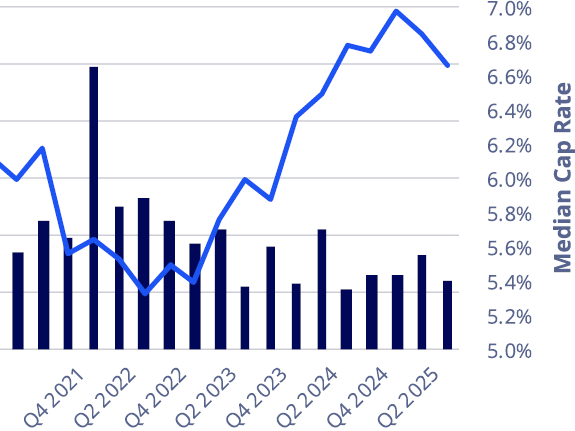ULI Special Report: Crowdfunding Leaders Share Insights
Innovation was a recurring theme at the Urban Land Institute’s fall conference in Manhattan last week, and capital markets took the spotlight when a panel of executives explored the crowdfunding phenomenon.
By Paul Rosta, Senior Editor
Innovation was a recurring theme at the Urban Land Institute’s fall conference in Manhattan last week, and capital markets took the spotlight when a panel of executives explored the crowdfunding phenomenon.
Douglas Ellenoff, a partner in the law firm of Ellenoff Grossman & Schole L.L.P. and the panel’s moderator, kicked off the Wednesday afternoon session at the Javits Center by responding to the panel’s title: “Is Crowdfunding Becoming Crowded?” Ellenoff said, “Not even close. The market is way more open than that.”
Since the JOBS Act authorizes investments of up to $1 million, crowdfunding gives individuals and companies exposure to real estate with small amounts. “It has very big promise for changing the way people think about real estate,” asserted Benjamin Miller, co-founder of Fundrise, a Washington, D.C.-based crowdfunding platform. Just days after Miller’s comments, the company announced on Monday that it had raised $1.4 million toward the acquisition of a multi-family portfolio in Brooklyn, N.Y. Provided by 33 investors in increments ranging from $5,000 to $500,000, the funds will provide about 19 percent of the project’s total capital, Fundrise said in a statement.
Throughout the discussion, speakers took pains to distinguish the rigorous real estate version of crowdfunding from popular vehicles like Kickstarter. They noted that investors and sponsors must meet strict guidelines for qualification. “We don’t just want to grab anybody that wants to throw money out,” noted Kevin Swill, COO of the Carlton Group, which launched a crowdfunding platform earlier this year.
Rodrigo Nino, president & CEO of Prodigy Network, a New York City-based crowdfunding platform, advised potential platform sponsors to have a third-party administrator and a good attorney. While encouraging the audience to respect the regulatory structure associated with crowdfunding, he also urged his listeners not to be intimidated: “Stop thinking this is a complicated needle in a haystack.”
Although crowdfunding is a relative newcomer to real estate, panelists emphasized that they are applying high standards. Ellenoff noted that platform sponsors must be registered broker dealers, for example. Prodigy Network seeks institutional-quality assets, because, Nino explained, “we don’t want to be reinventing the wheel.”
The Carlton Group’s crowdfunding platform likewise takes a conservative approach, in part because the company puts its own equity into every deal, Swill noted. The company specializes in off-market deals that typically offer 6 percent cap rates and 20 percent internal rates of return.
At CrowdStreet, a Portland, Ore.-based operator, “we are totally obsessed with quality sponsors,” said Darren Powderly, the firm’s co-founder. Employing a 15-point checklist for sponsors, the firm eliminates as many as 80 percent of candidates. Such an exacting approach is vital, Powderly explained, because “we risk our business with every deal we do.” Moreover, he added, “when the next downturn comes, we want to be the recipient of that flight to quality.”






